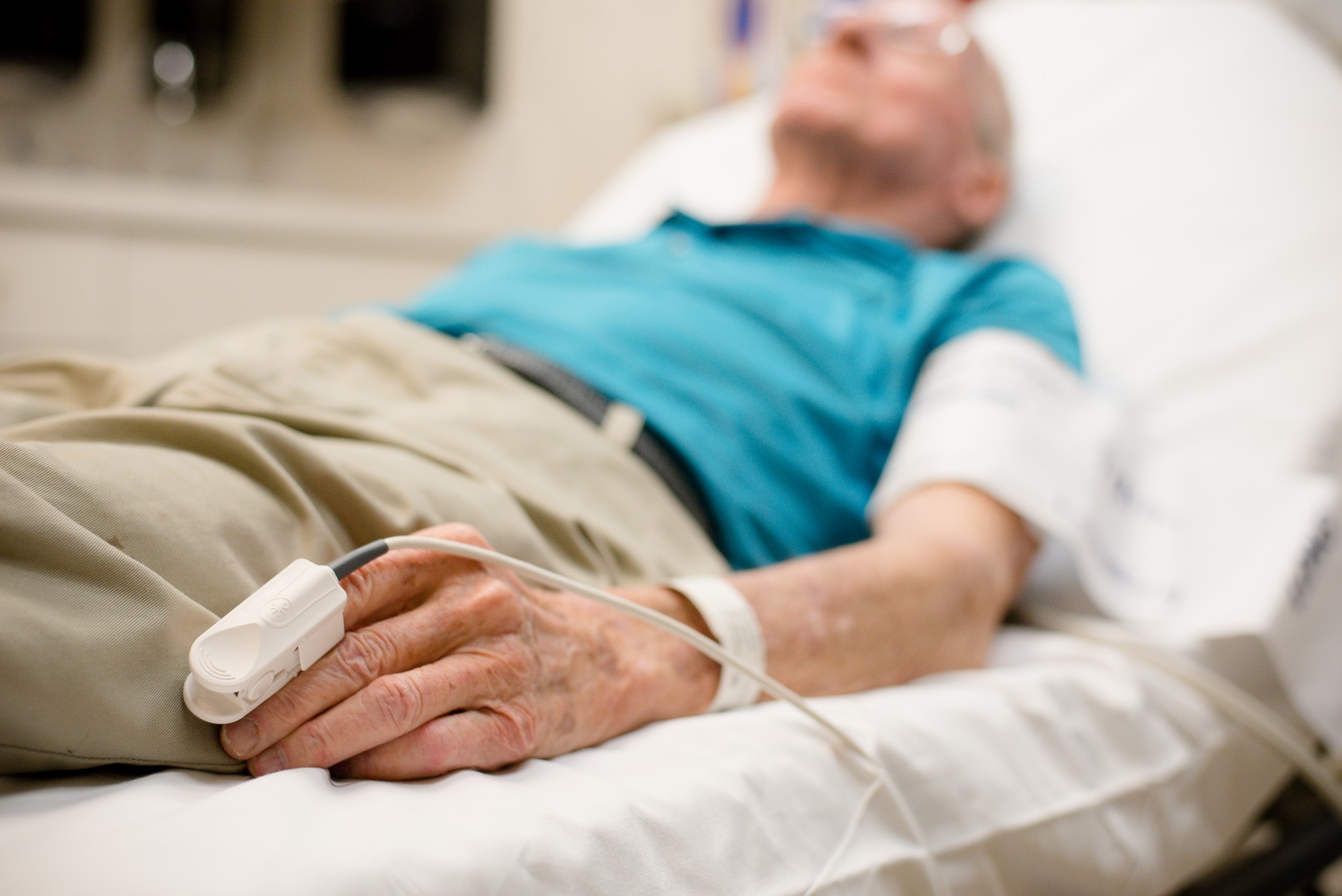Respiratory syncytial virus, or RSV, is a highly contagious respiratory virus that can affect people of all ages, but is especially dangerous for older adults. It is responsible for millions of infections each year and can lead to serious complications, including pneumonia and bronchiolitis.
Symptoms of RSV in adults can range from mild to severe and may include:
- Coughing
- Sneezing
- Runny nose
- Fever
- Wheezing
- Shortness of breath
- Chest pain or tightness
In severe cases, RSV can lead to hospitalization and can even be life-threatening. Older adults and individuals with underlying health conditions, such as heart or lung disease, are at an increased risk for severe illness.
There is no specific treatment for RSV and treatment is generally supportive, focusing on relieving symptoms and ensuring adequate hydration. This may include:
- Providing fluids, either orally or through a vein (intravenous fluids)
- Administering oxygen, if necessary
- Using a humidifier to add moisture to the air
- Providing medications, such as ibuprofen or acetaminophen, to reduce fever and relieve discomfort
- Using bronchodilators, such as albuterol, to help open the airways
In severe cases, hospitalization may be necessary to provide more intensive treatment, such as mechanical ventilation to help with breathing.
Preventing the spread of RSV is important to reduce the risk of infection. Some ways to prevent the spread of the virus include:
- Washing hands frequently with soap and water
- Avoiding close contact with infected individuals
- Disinfecting surfaces and objects that may be contaminated with the virus
- Not sharing cups or utensils with infected individuals
There is no specific vaccine for RSV, but there are some preventive measures that can be taken to reduce the risk of severe illness in high-risk individuals, such as older adults. These measures may include administering palivizumab, a monoclonal antibody that can help reduce the severity of illness, and avoiding exposure to large crowds or individuals with respiratory infections.
It is important for older adults to be especially vigilant about taking preventive measures to reduce the risk of contracting RSV and to seek medical attention if they experience any symptoms of the virus. While RSV is generally a mild illness in healthy adults, it can lead to serious complications in older adults and those with underlying health conditions.
In conclusion, RSV is a highly contagious respiratory virus that can cause mild to severe illness in adults. While there is no specific treatment for RSV, supportive care can help alleviate symptoms and prevent complications. Preventing the spread of the virus through good hygiene and avoiding close contact with infected individuals is important to reduce the risk of infection. While there is no specific vaccine for RSV, preventive measures can be taken to reduce the risk of severe illness in high-risk individuals, such as older adults. It is important for older adults to be especially vigilant about taking preventive measures and to seek medical attention if they experience any symptoms of the virus.

 Home
Home Health
Health Diet & Nutrition
Diet & Nutrition Living Well
Living Well More
More












